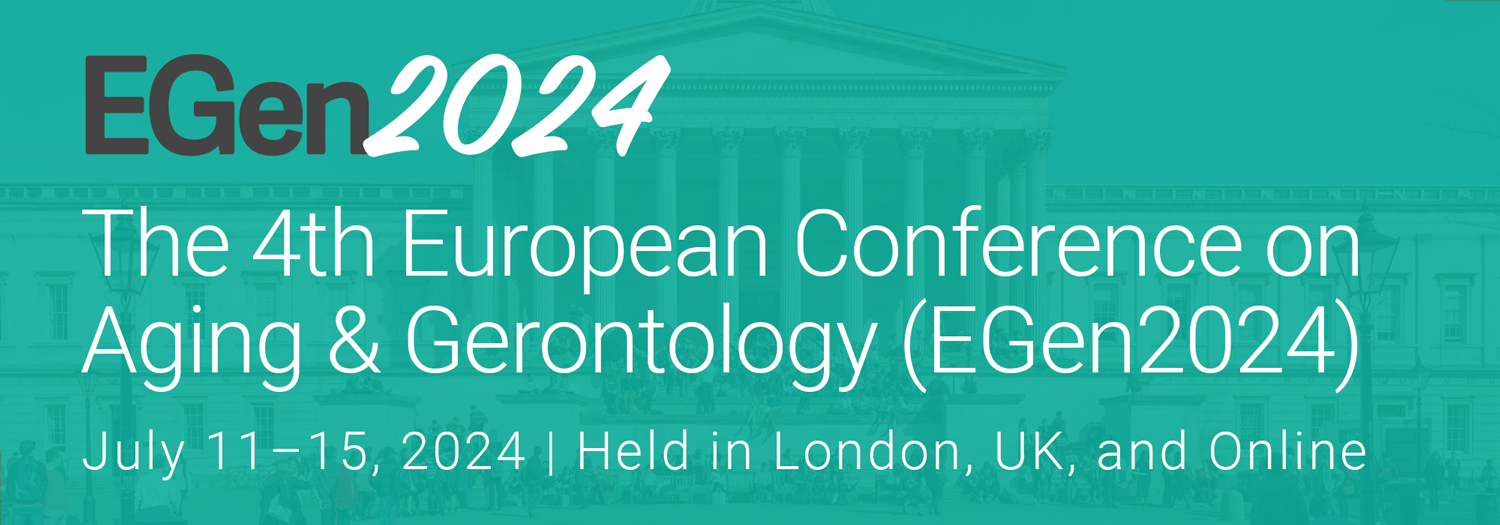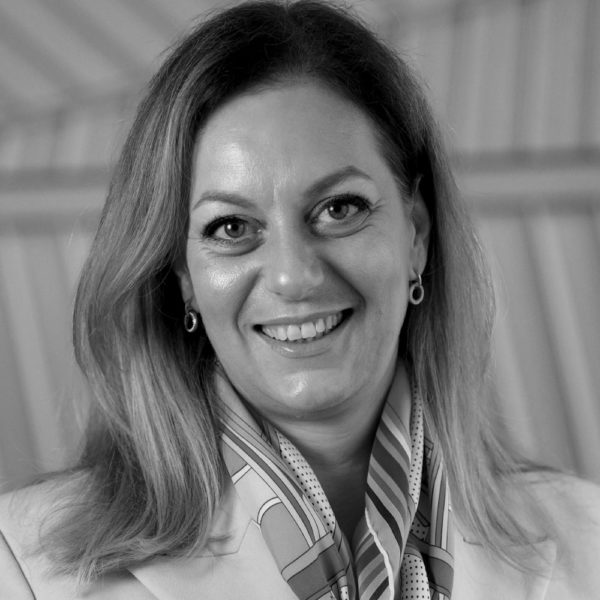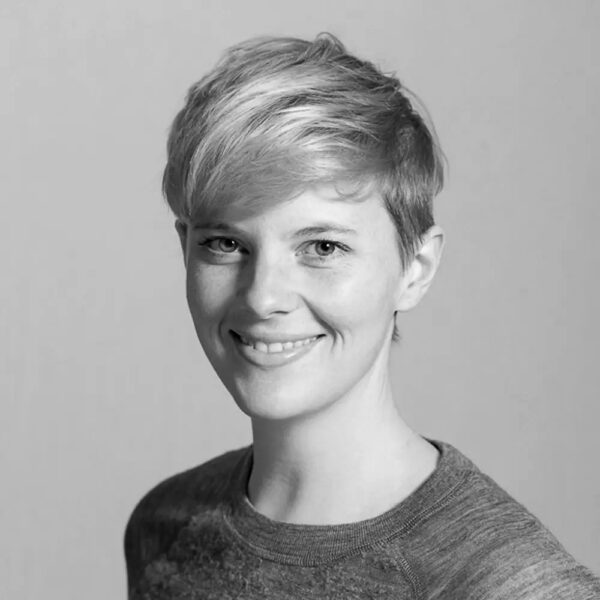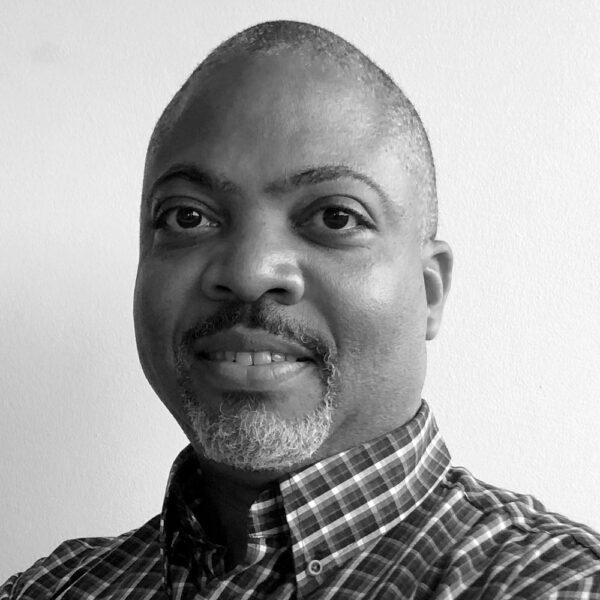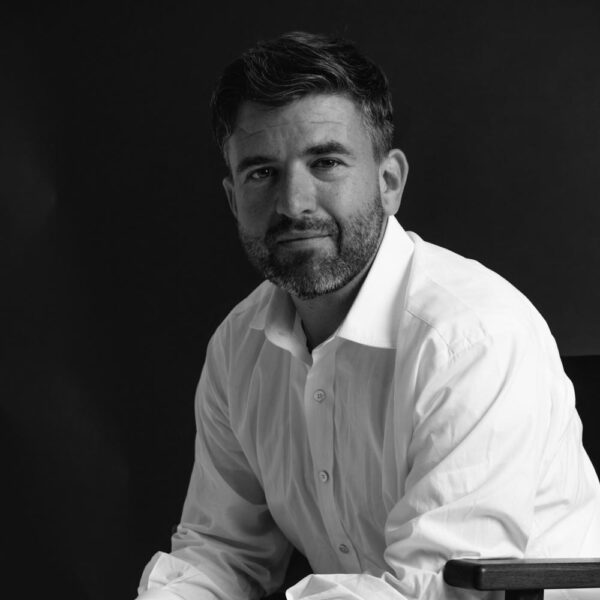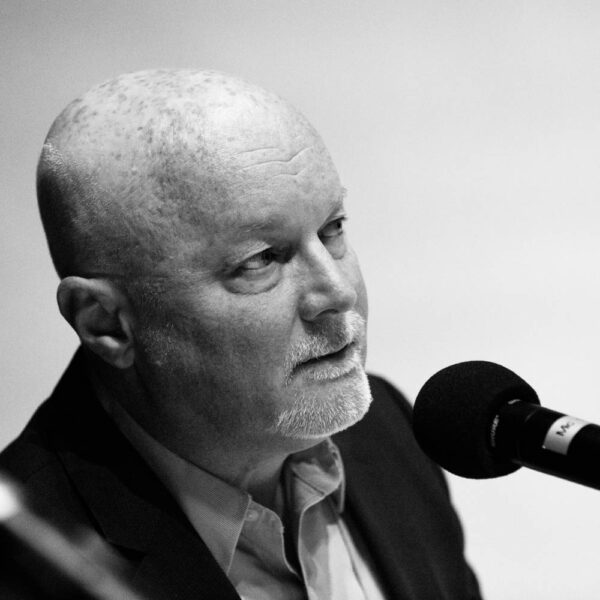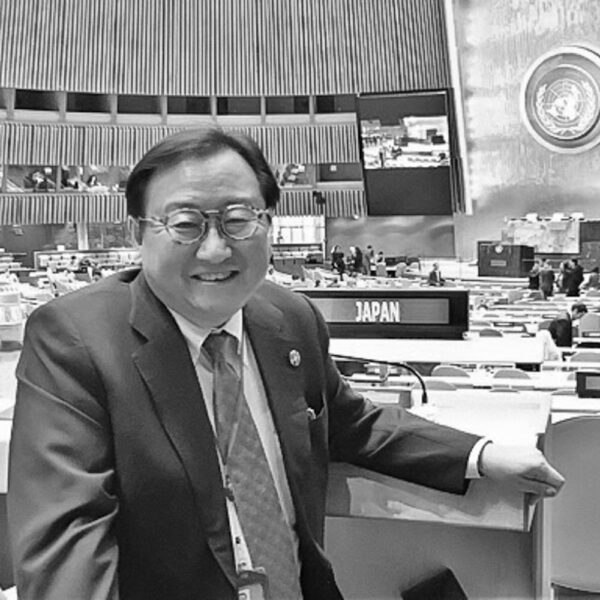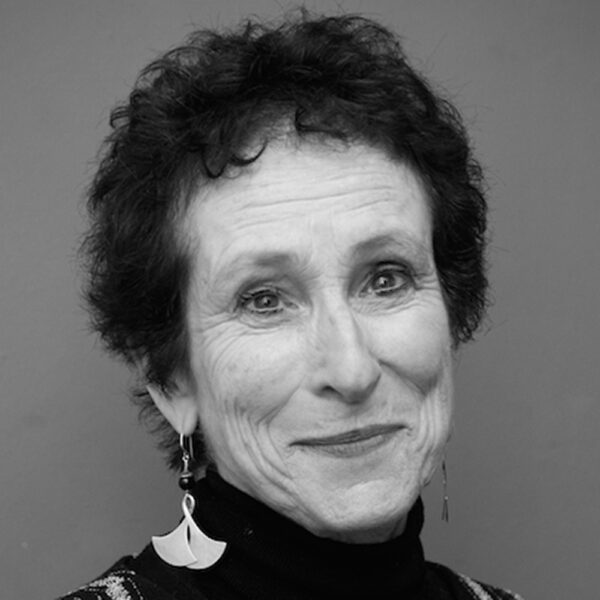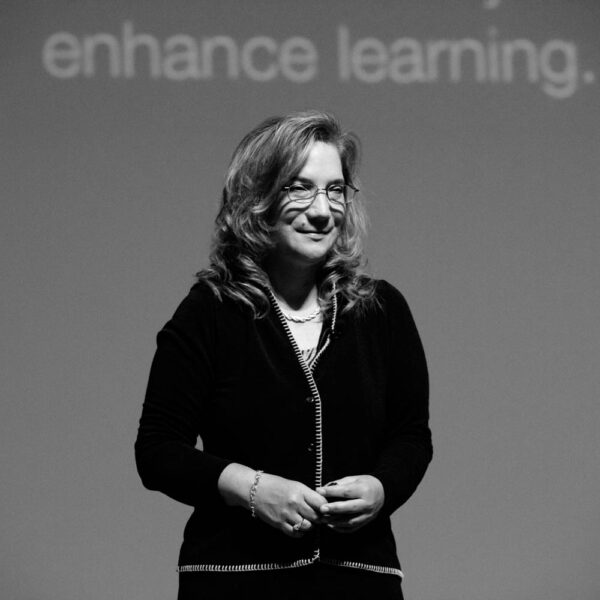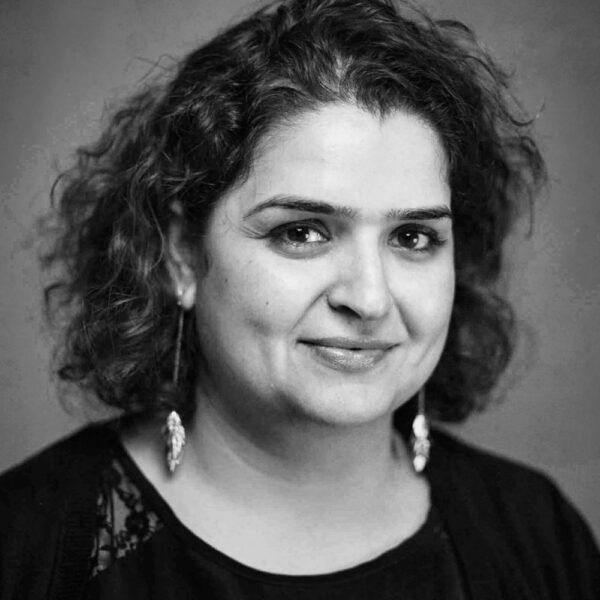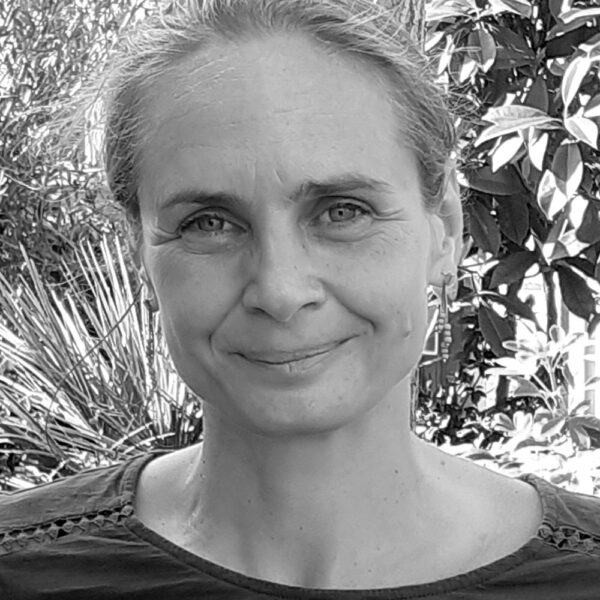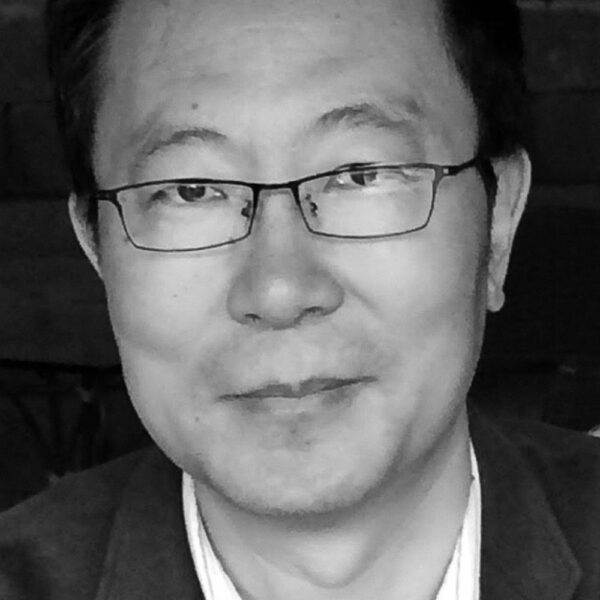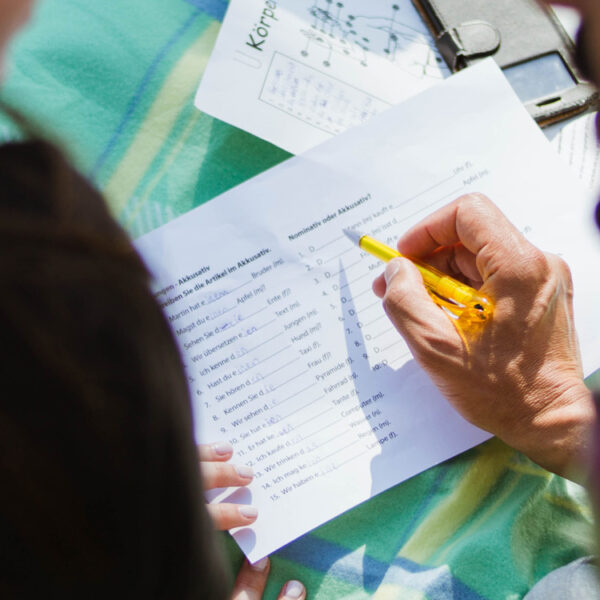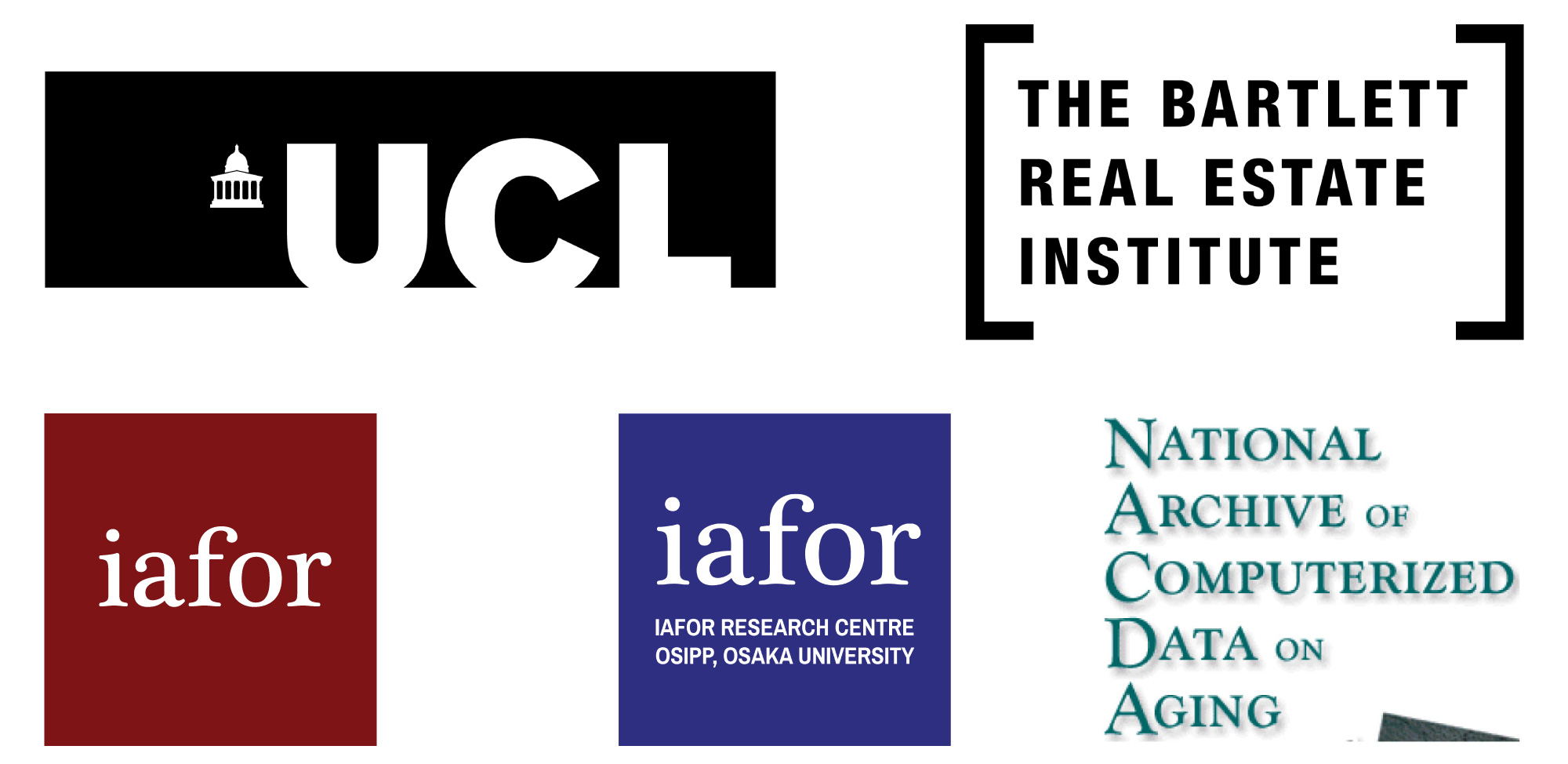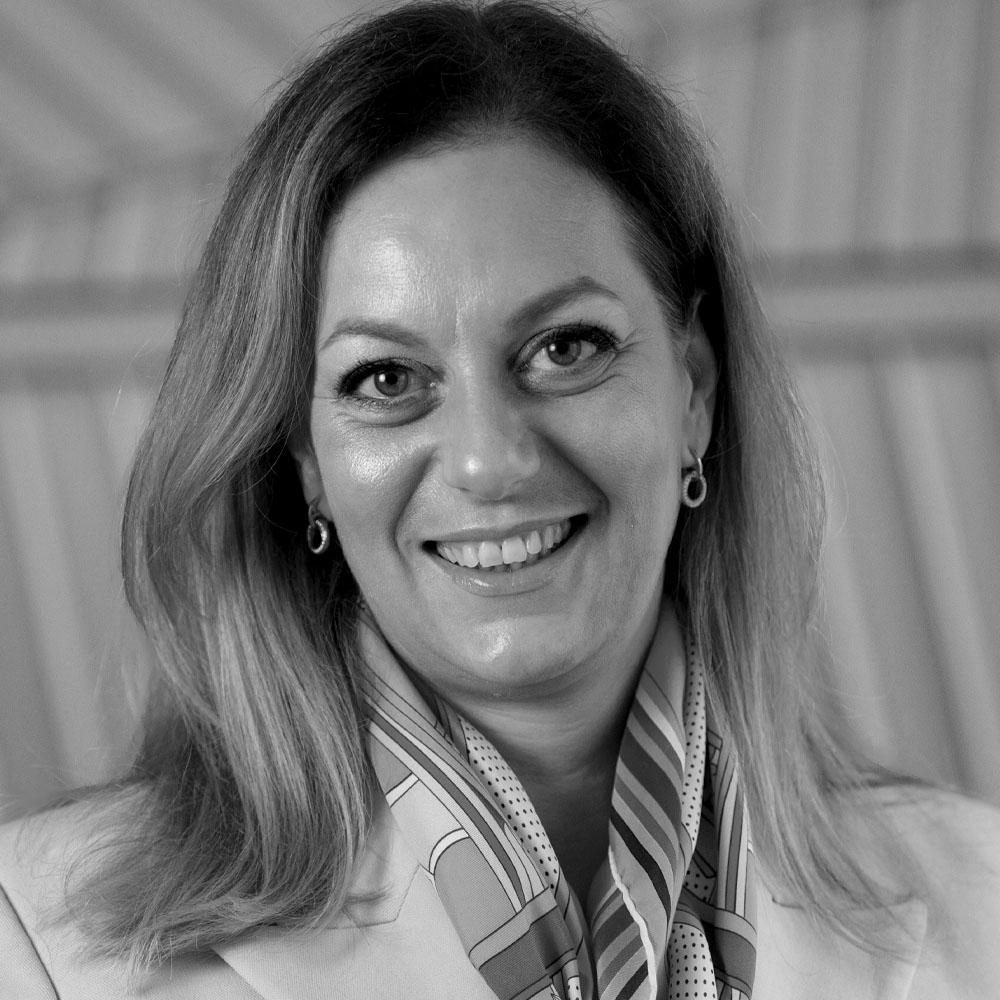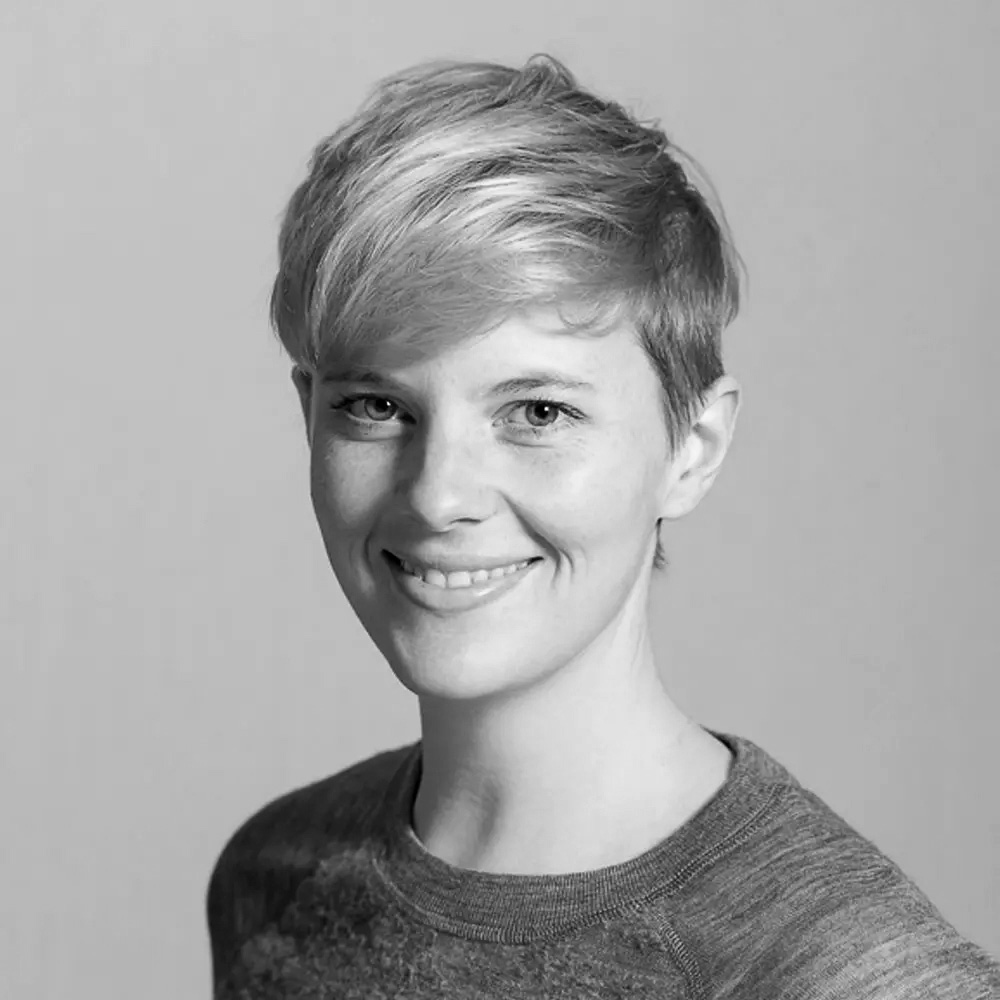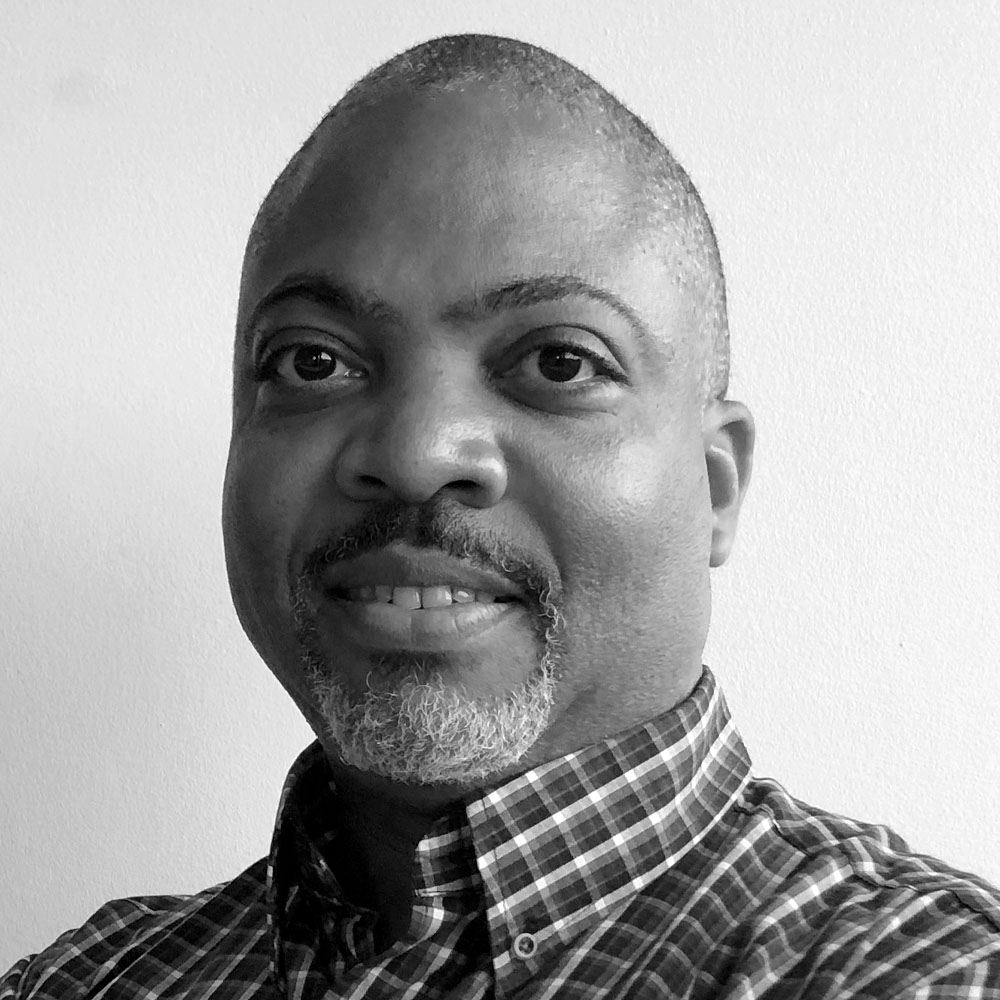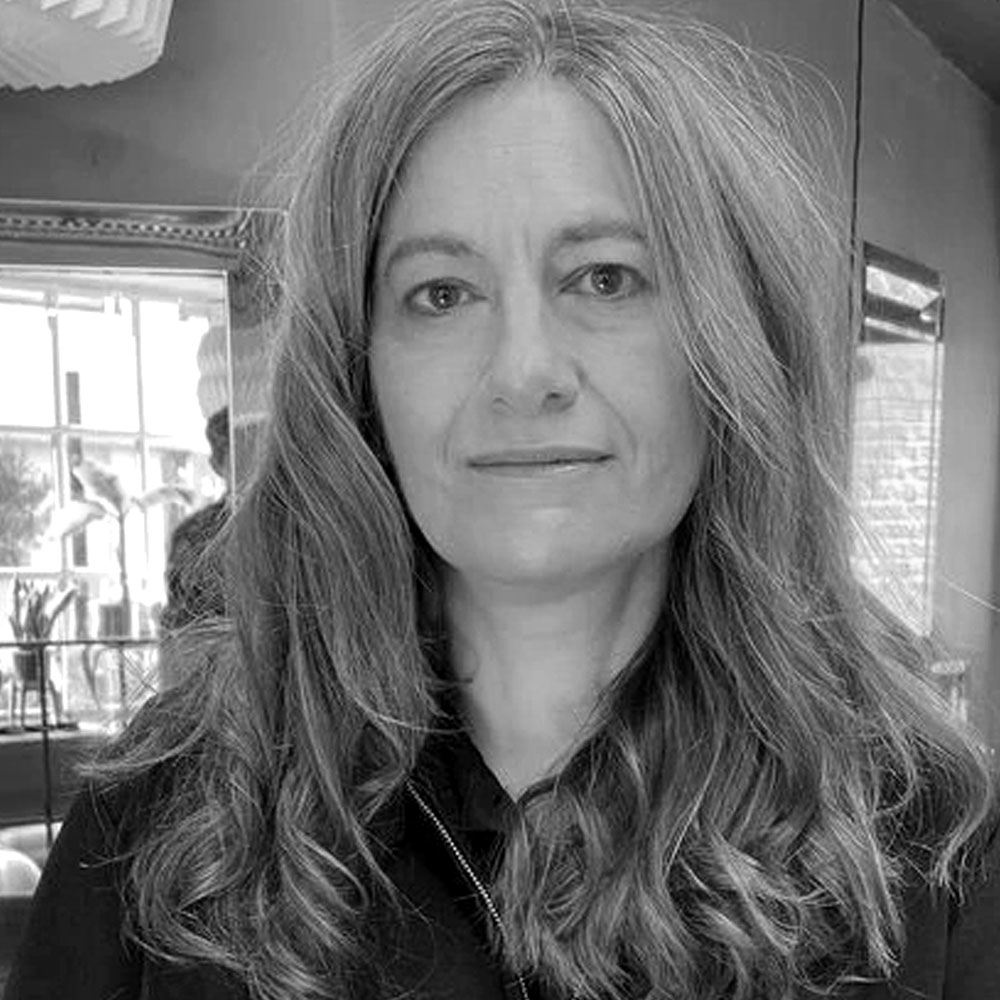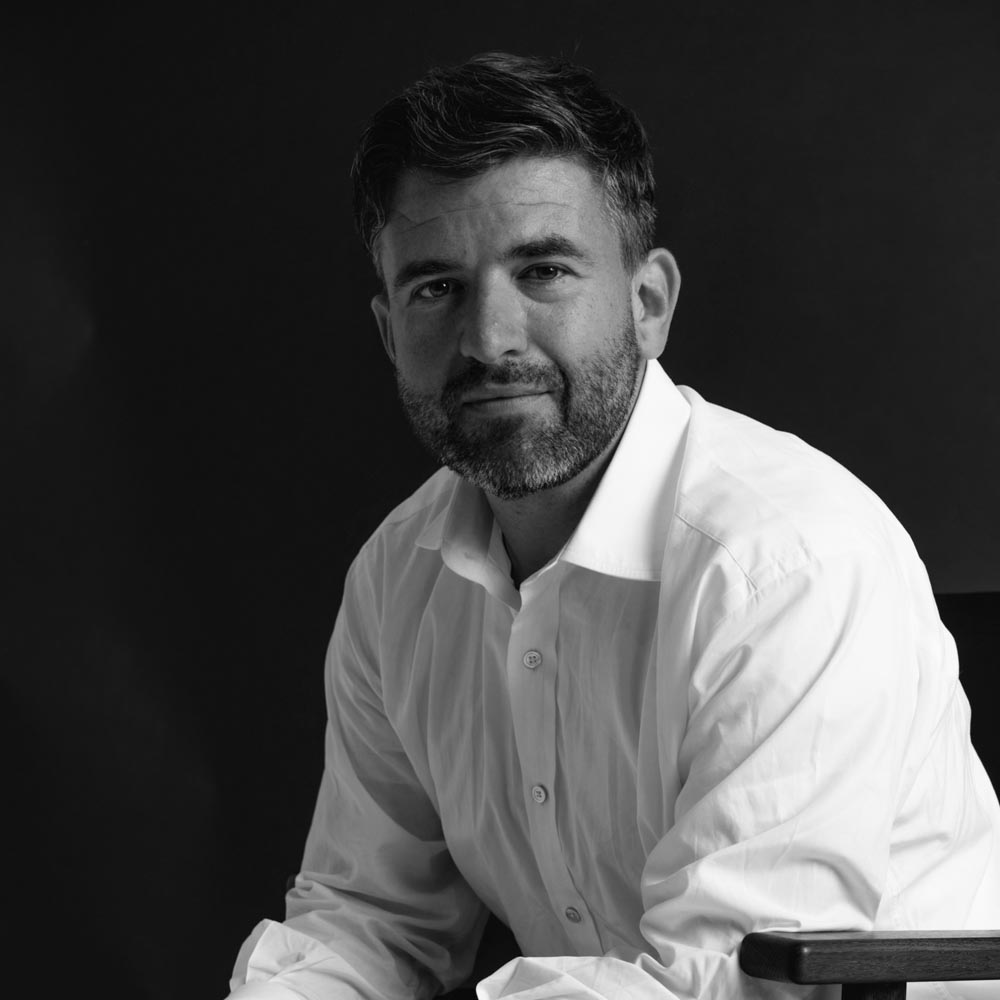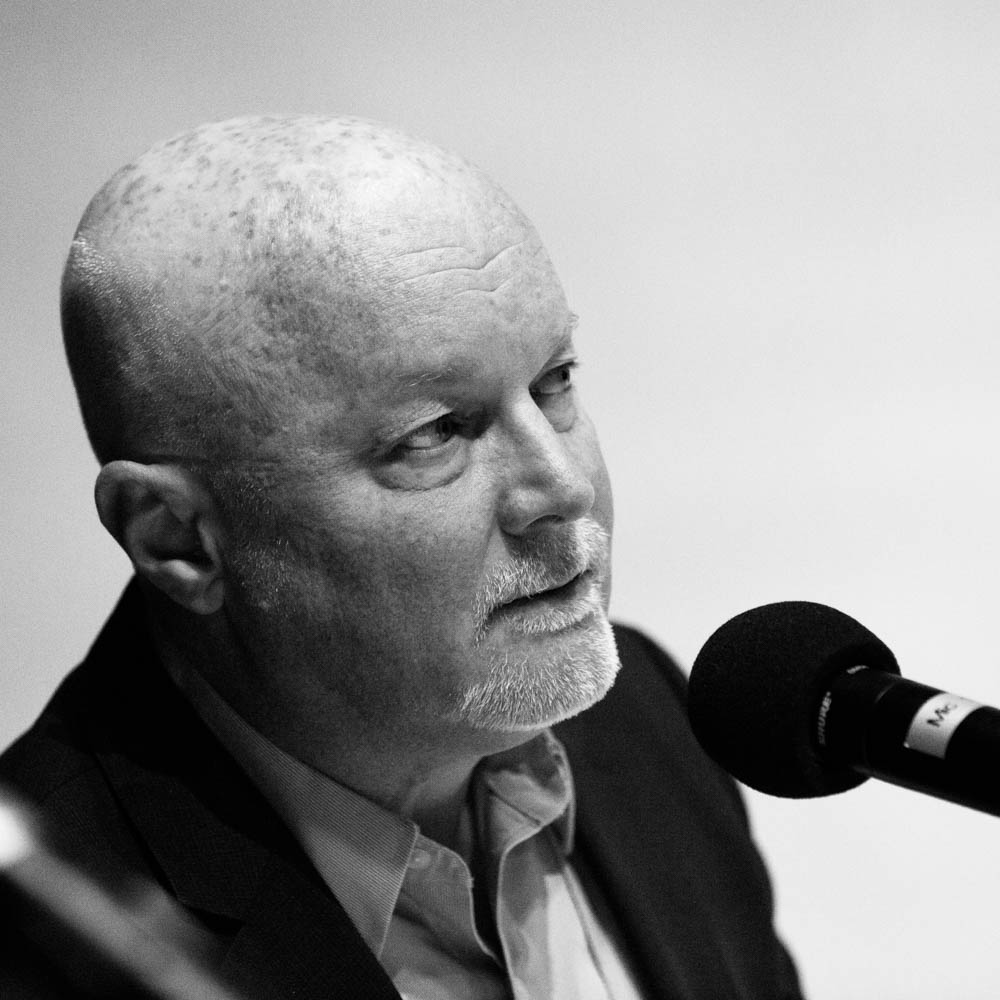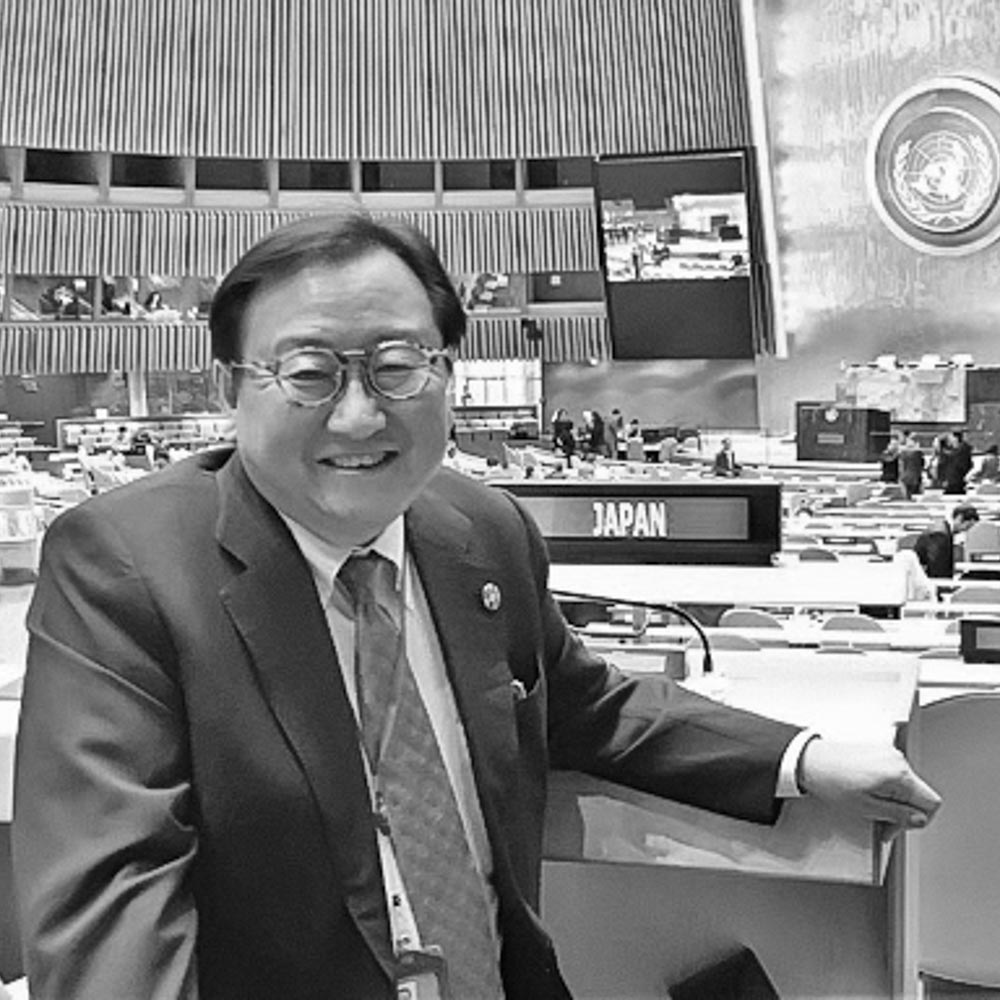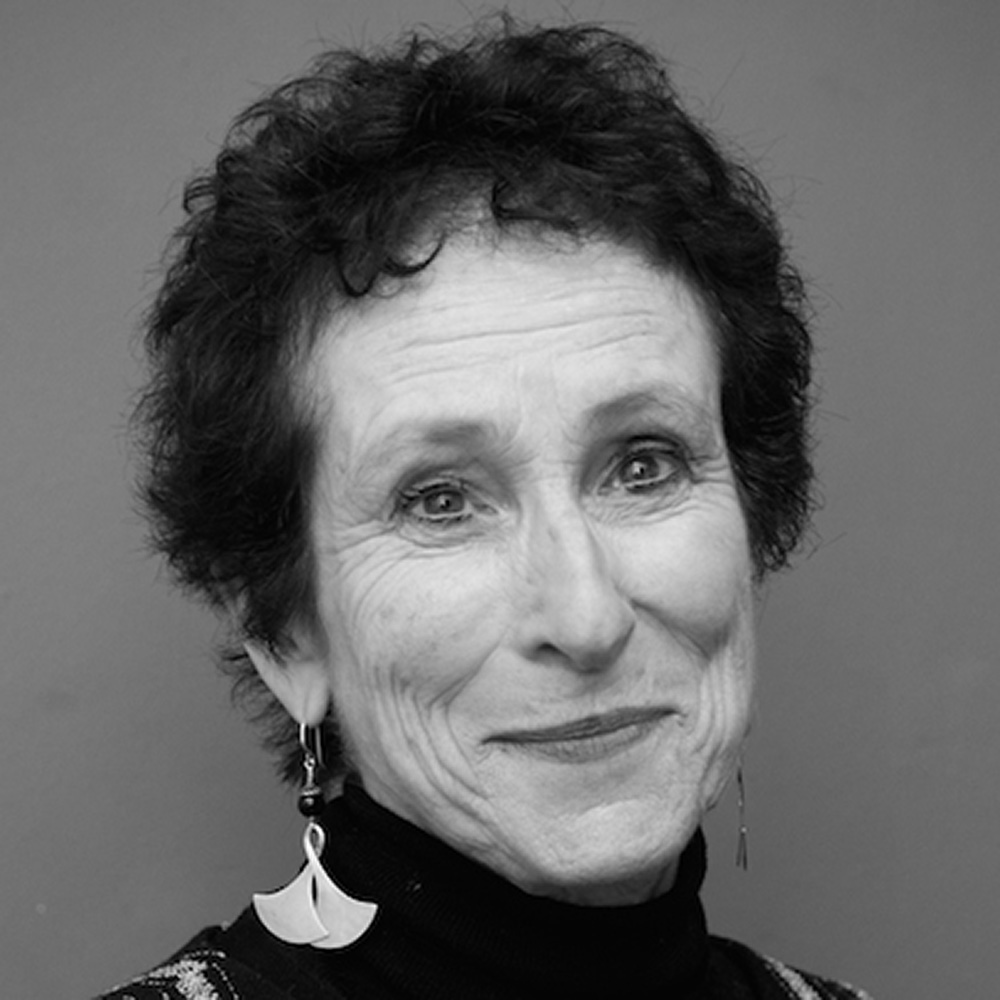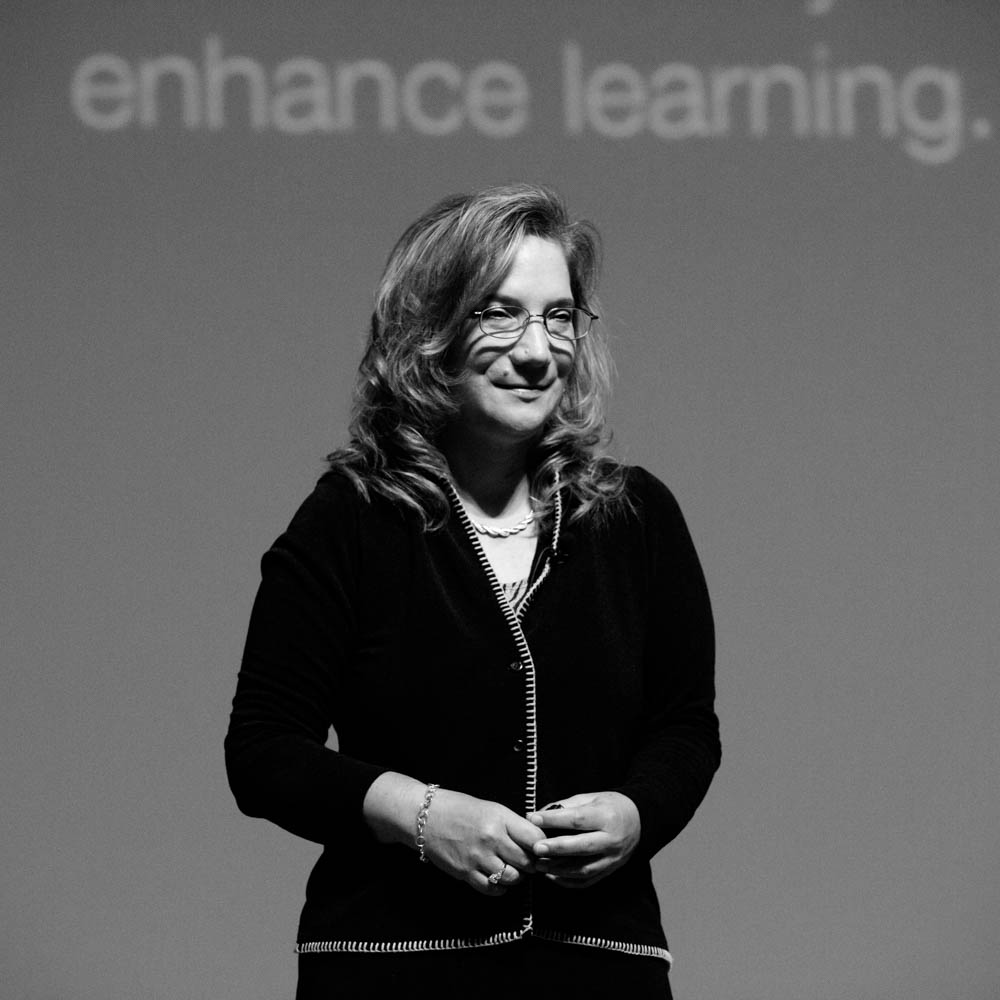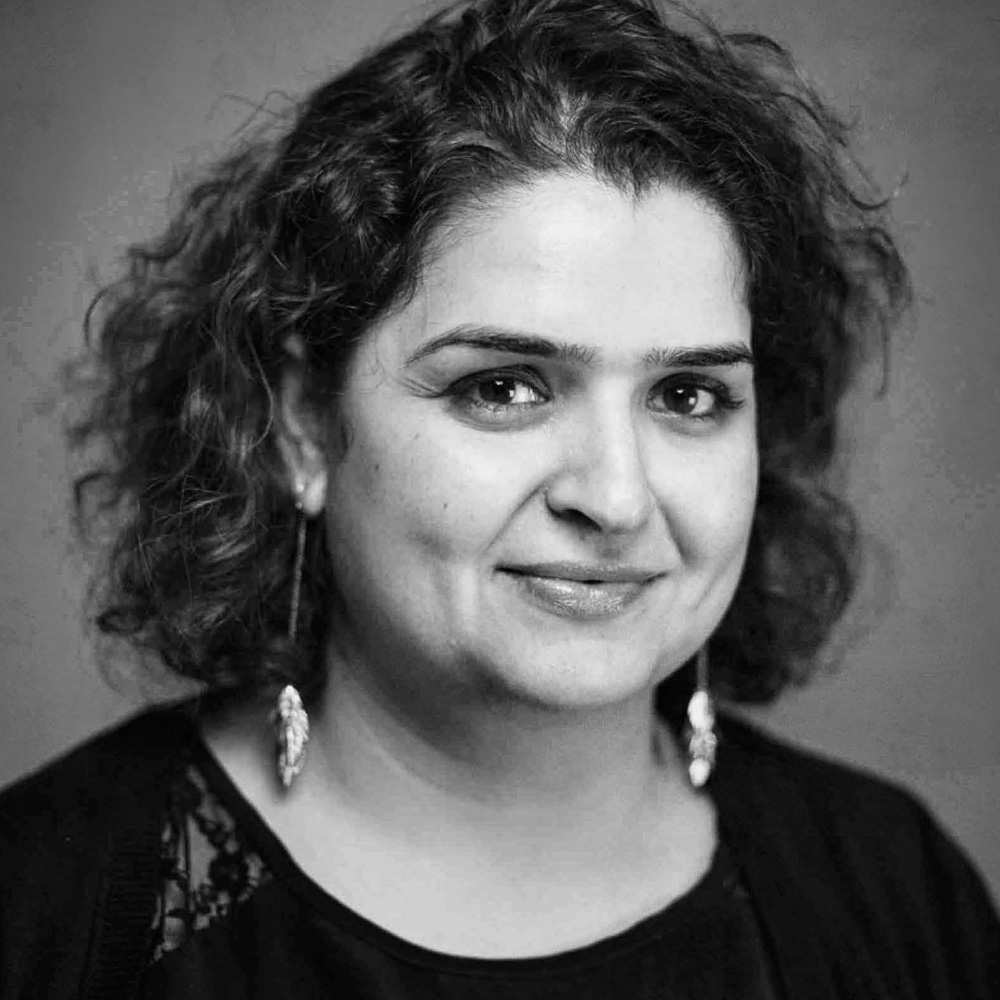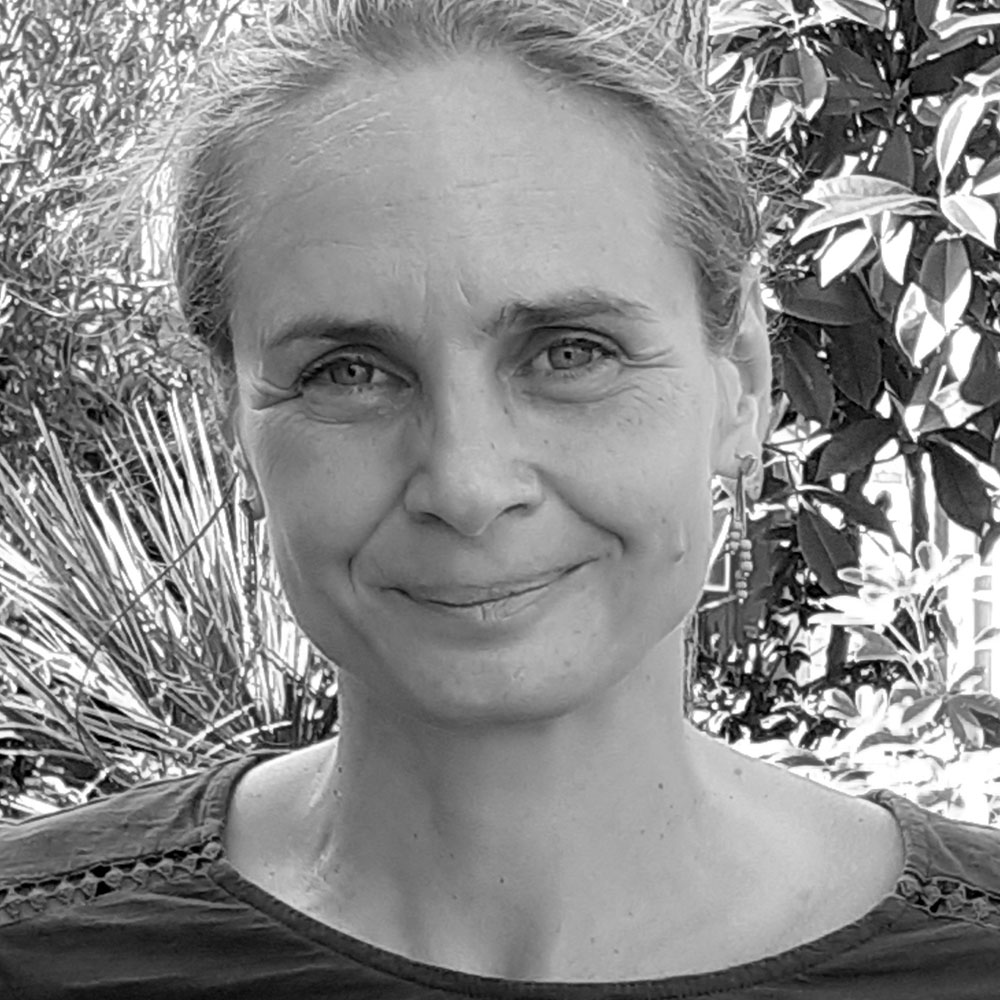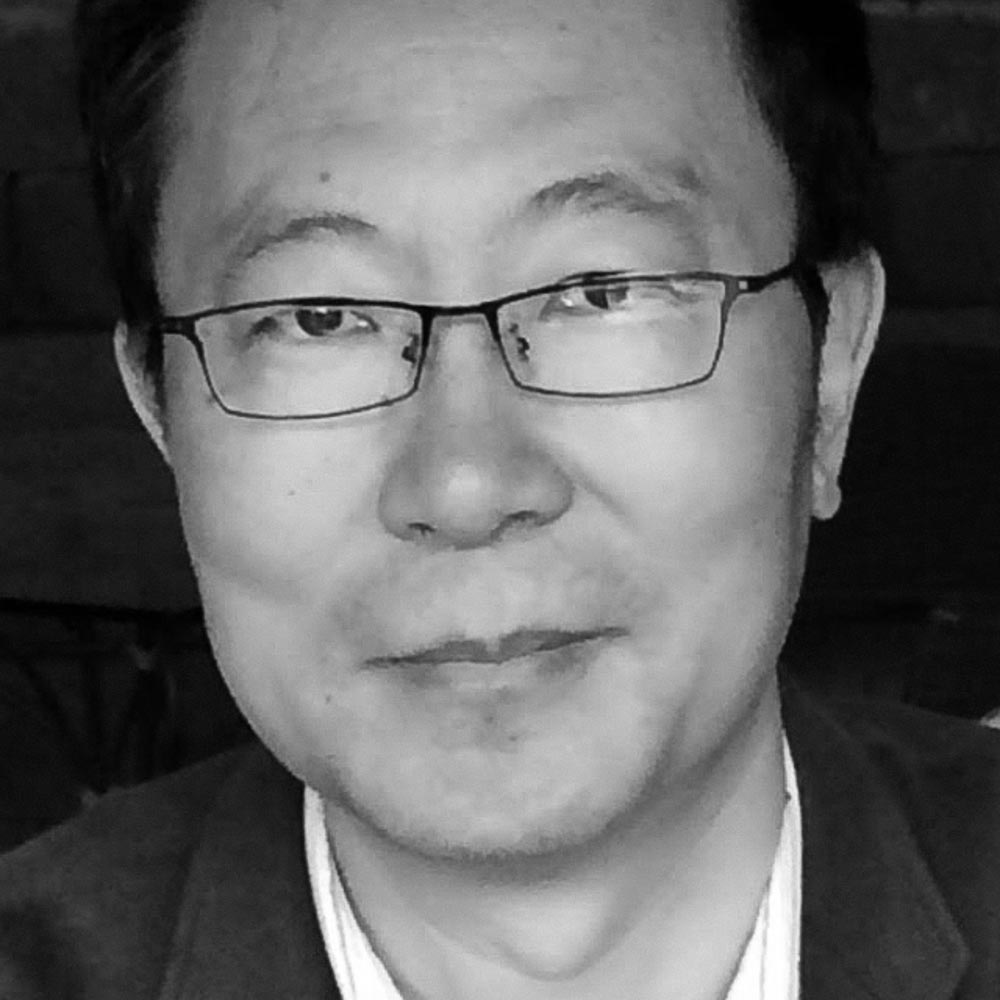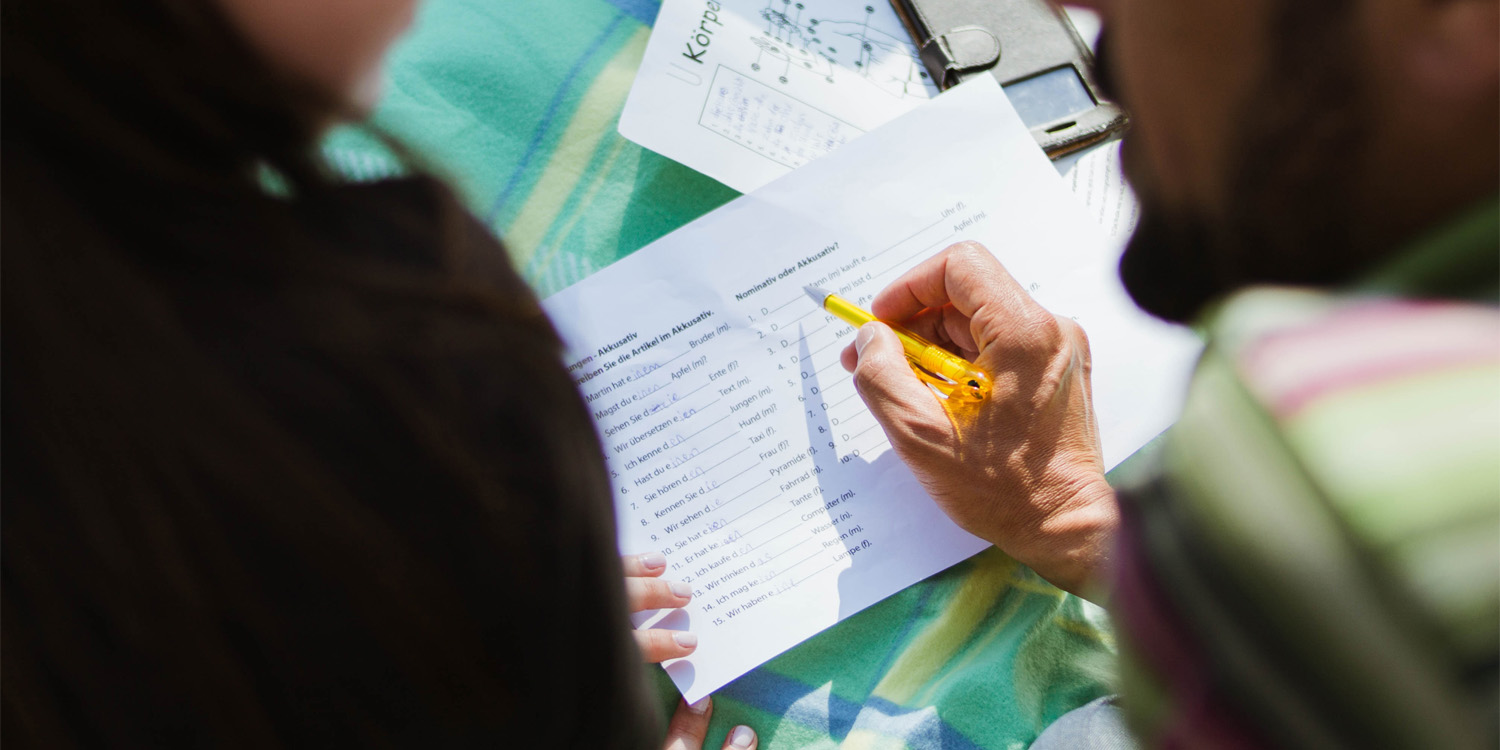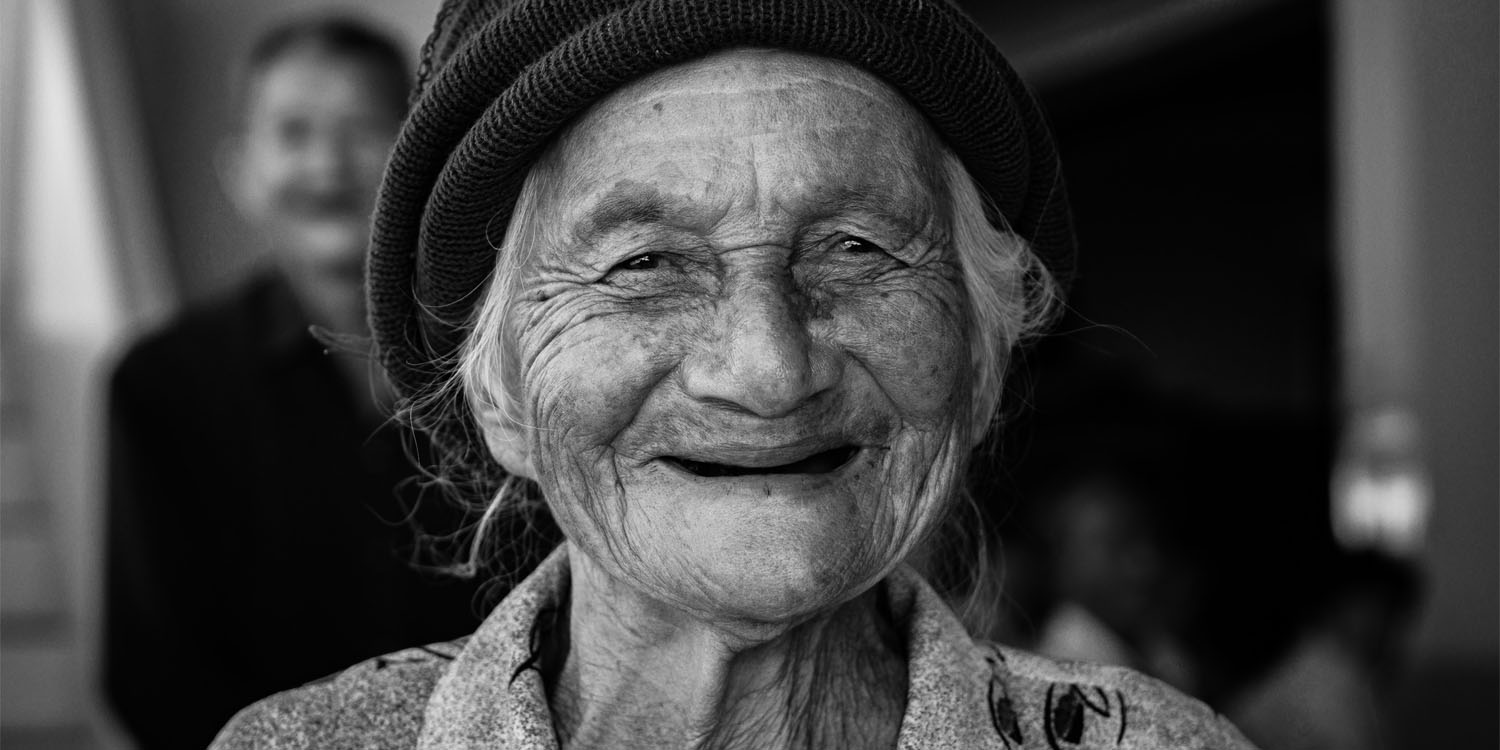Biography
Joseph Haldane is the Founder, Chairman and CEO of IAFOR. He is responsible for devising strategy, setting policies, forging institutional partnerships, implementing projects, and overseeing the organisation’s international business and academic operations, including research, publications and events.
Dr Haldane is a founding Co-Director of the IAFOR Research Centre, an interdisciplinary think tank situated at The Osaka School of International Public Policy (OSIPP), Osaka University, where since 2015 he has also been a Guest Professor, teaching on the postgraduate Global Governance Course.
A Member of the World Economic Forum’s Expert Network for Global Governance, Professor Haldane’s research and teaching is on history, politics, international affairs and international education, as well as governance and decision making.
In 2020 Dr Haldane was appointed Honorary Professor of UCL (University College London), through the Bartlett School of Construction and Project Management. He also holds Visiting Professorships in the Faculty of Philology at the University of Belgrade, and at the School of Business at Doshisha University in Kyoto, where he teaches Ethics and Governance on the MBA programme. He is a Member of the International Advisory Council of the Department of Educational Foundations at the University of Hawaiʻi at Mānoa.
Dr Haldane holds a PhD from the University of London in 19th-century French Studies, and has had full-time faculty positions at the University of Paris XII Paris-Est Créteil, Sciences Po Paris, and Nagoya University of Commerce and Business, as well as visiting positions at the French Press Institute in the University of Paris II Panthéon-Assas, The School of Journalism at Sciences Po Paris, and the School of Journalism at Moscow State University (Russia).
Dr Haldane has given invited lectures and presentations to universities and conferences around the world, including at the United Nations Headquarters in New York, and advised universities, NGOs and governments on issues relating to international education policy, public-private partnerships, and multi-stakeholder forums. He was the project lead on the 2019 Kansai Resilience Forum, held by the Japanese Government through the Prime Minister’s Office and the Cabinet Office in collaboration with IAFOR.
From 2012-2014, Dr Haldane served as Treasurer of the American Chamber of Commerce in Japan (Chubu), and since 2015 he has been a Trustee of the HOPE International Development Agency (Japan). He was elected a Fellow of the Royal Asiatic Society in 2012, and the Royal Society of Arts in 2015.

